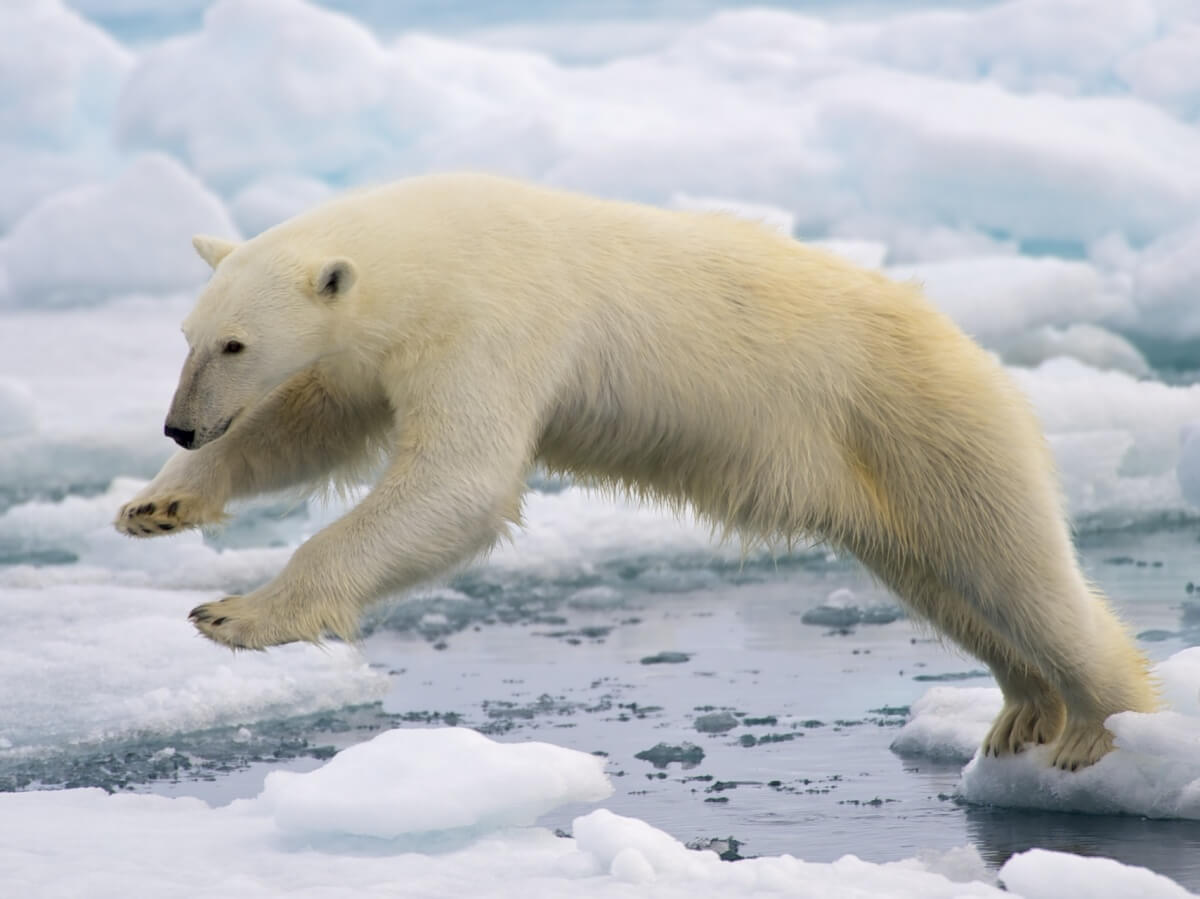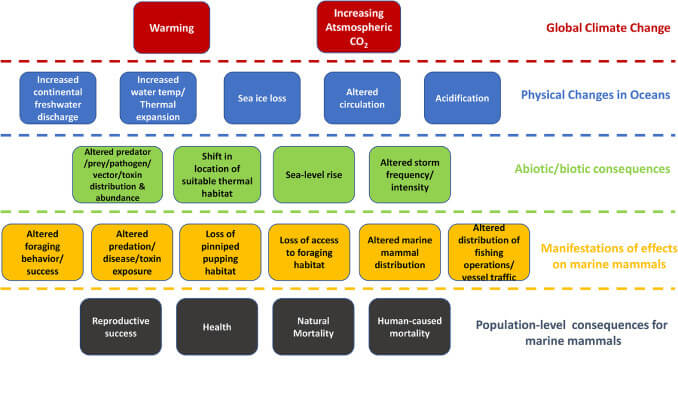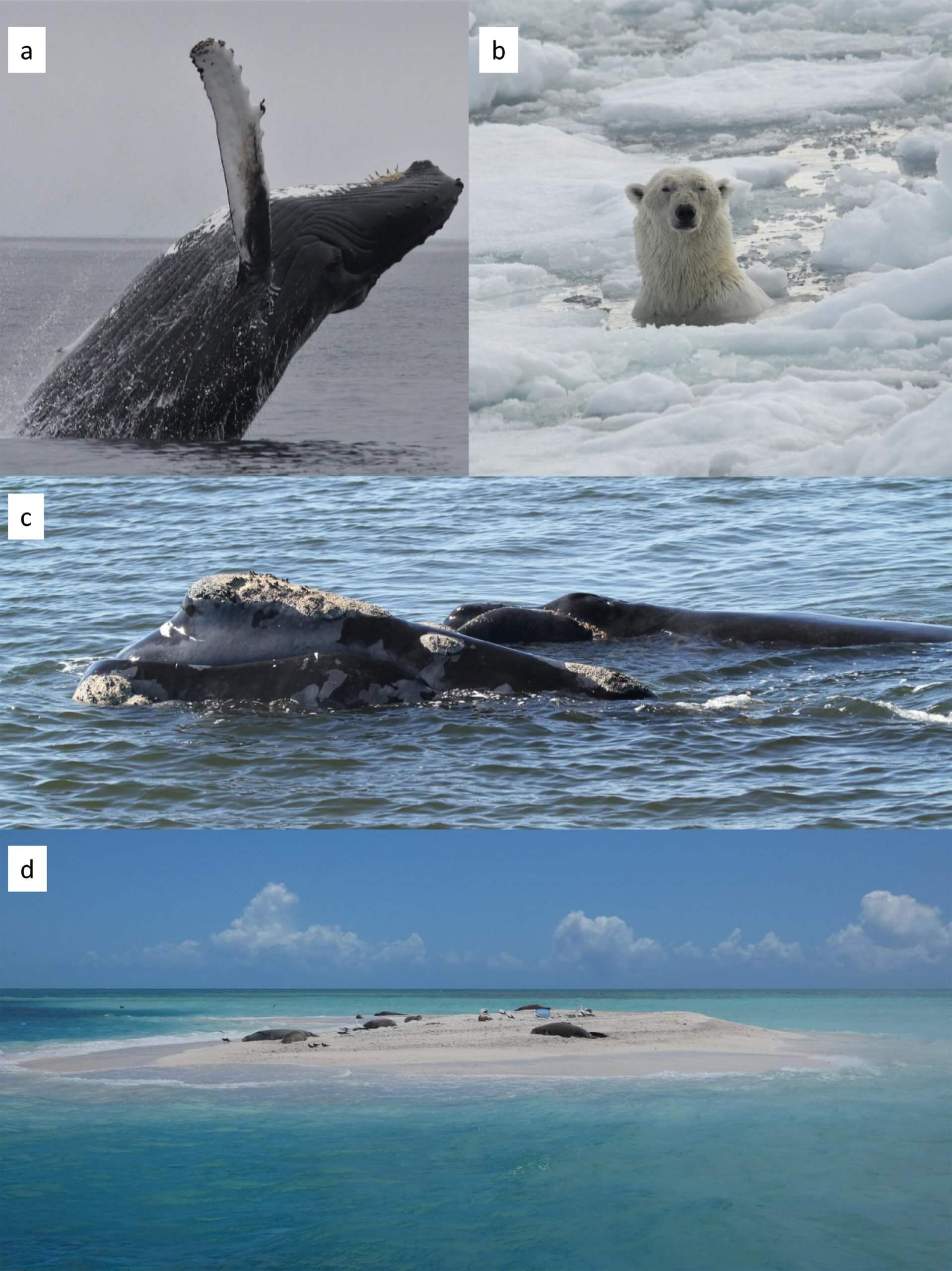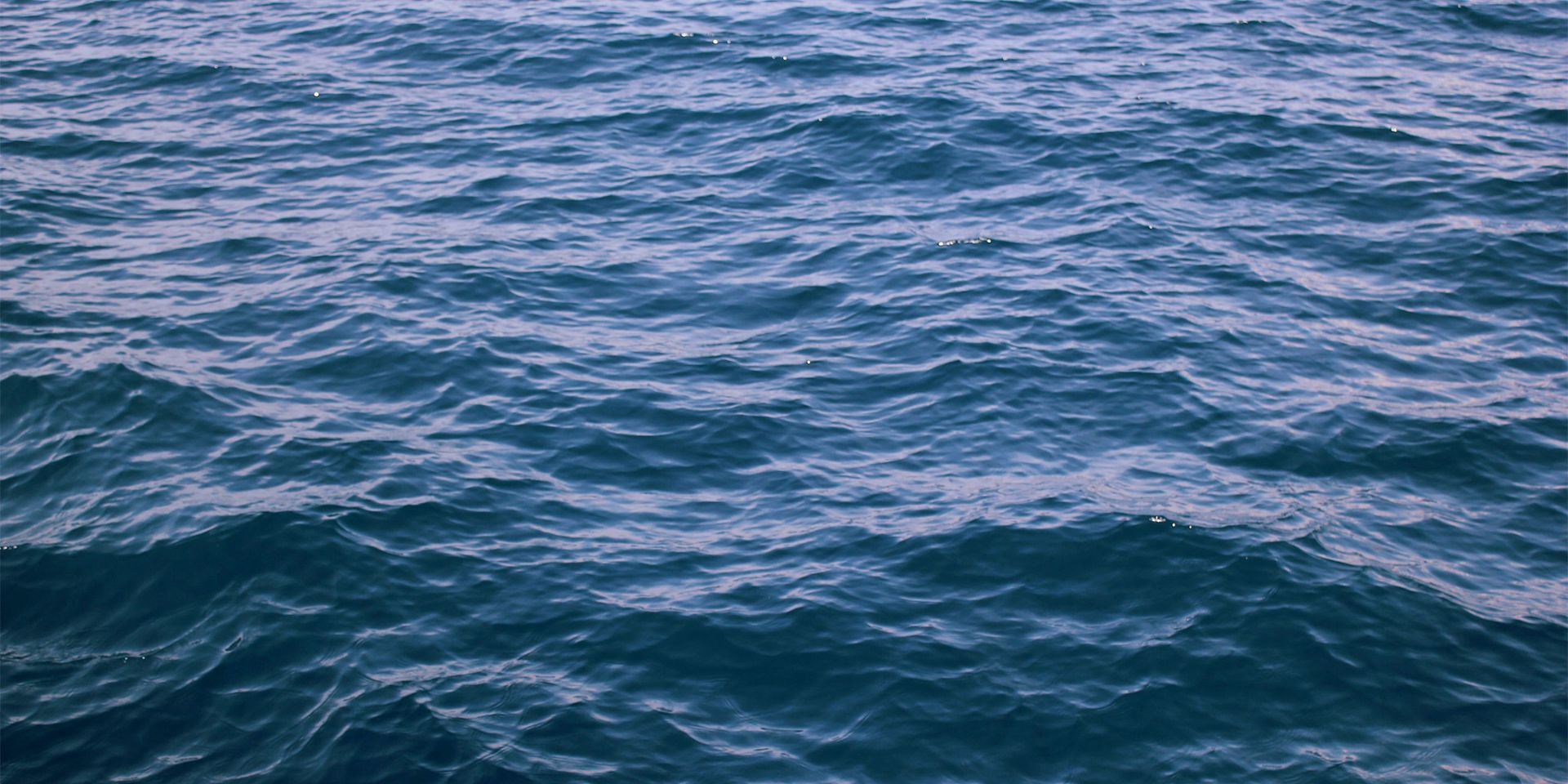Effects of Climate Change on Marine Mammals

Polar bears, walruses, and other Arctic species are facing similar challenges as summer sea ice continues to retreat (National Park Service)
Commission scientists have published a review of the evidence for effects of climate change on marine mammals that occur in U.S. waters.
The fundamental driver of climate change in the global oceans is increasing atmospheric carbon, which results in increased air and ocean temperatures, ocean acidification, loss of sea ice, and increased fresh-water discharge from melting ice and river outflows (IPCC). These changes foster both abiotic (sea-level rise, altered storm activity) and biotic (food web) ecosystem responses. Marine mammal responses to food web alterations (e.g., shifts in range, distribution, phenology, migration routes, diet) have physiological consequences (e.g., changes in body condition, health), as well as influencing individuals’ exposure to predation, pathogens, toxins, and risks associated with human activities, and this ultimately can affect reproductive success and survival. It is important to recognize that while climate change-related ecosystem alterations may have negative effects on some species, they can benefit others.

Schematic representation of climate change impacts on marine mammal populations (Gulland et al., 2022).
Climate change impacts on marine mammal are best known in the Arctic, but have also been documented throughout US waters, including temperate and sub-tropical regions. While many of the observed effects had been predicted, some unforeseen effects have also been documented, such as the dramatic loss of pupping/nursing habitat for endangered Hawaiian monk seals due to sea level rise and severe storms. Other examples of marine mammal species in U.S. waters for which effects of climate change have been documented include humpback whales, North Atlantic right whales, and polar bears.

Examples of marine mammal species in U.S. waters for which effects of climate change have been documented. a. Humpback whale off Jeffreys Ledge, Gulf of Maine; b. male polar bear; c. North Atlantic right whale, Florida; d and e. Hawaiian monk seals, Northwestern Hawaiian Islands. Photo credits: a. Lauri Leach; b. Ian Stirling; c. Florida Fish and Wildlife Conservation Commission, taken under NOAA research permit #15488; d. Shawn Farry Permit # 16632. (Gulland et al., 2022)
Many suspected effects of climate change remain unconfirmed; modifications to research and monitoring efforts could reveal the full scope and significance of current and future impacts on marine mammals. Commission scientists concluded that detecting and mitigating the threats to marine mammals from climate change will require some realignment of research and monitoring priorities, coupled with rapid and flexible management that includes both conventional and novel conservation interventions.
The paper can be read online for free in the Journal of Climate Change Ecology.
